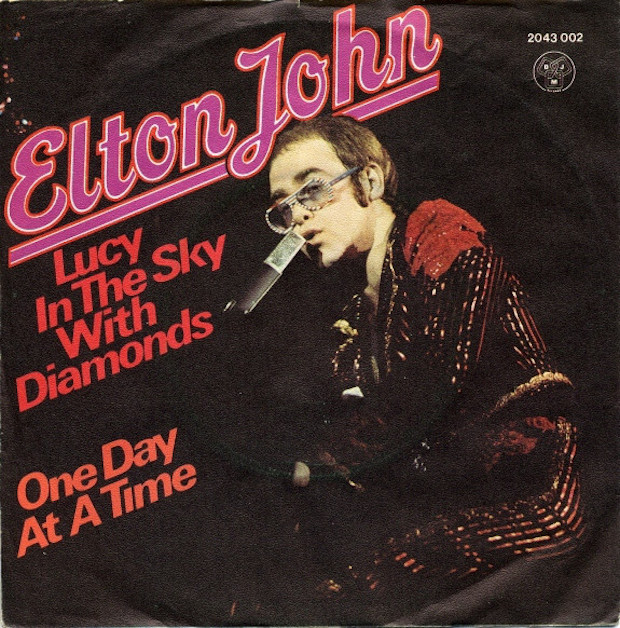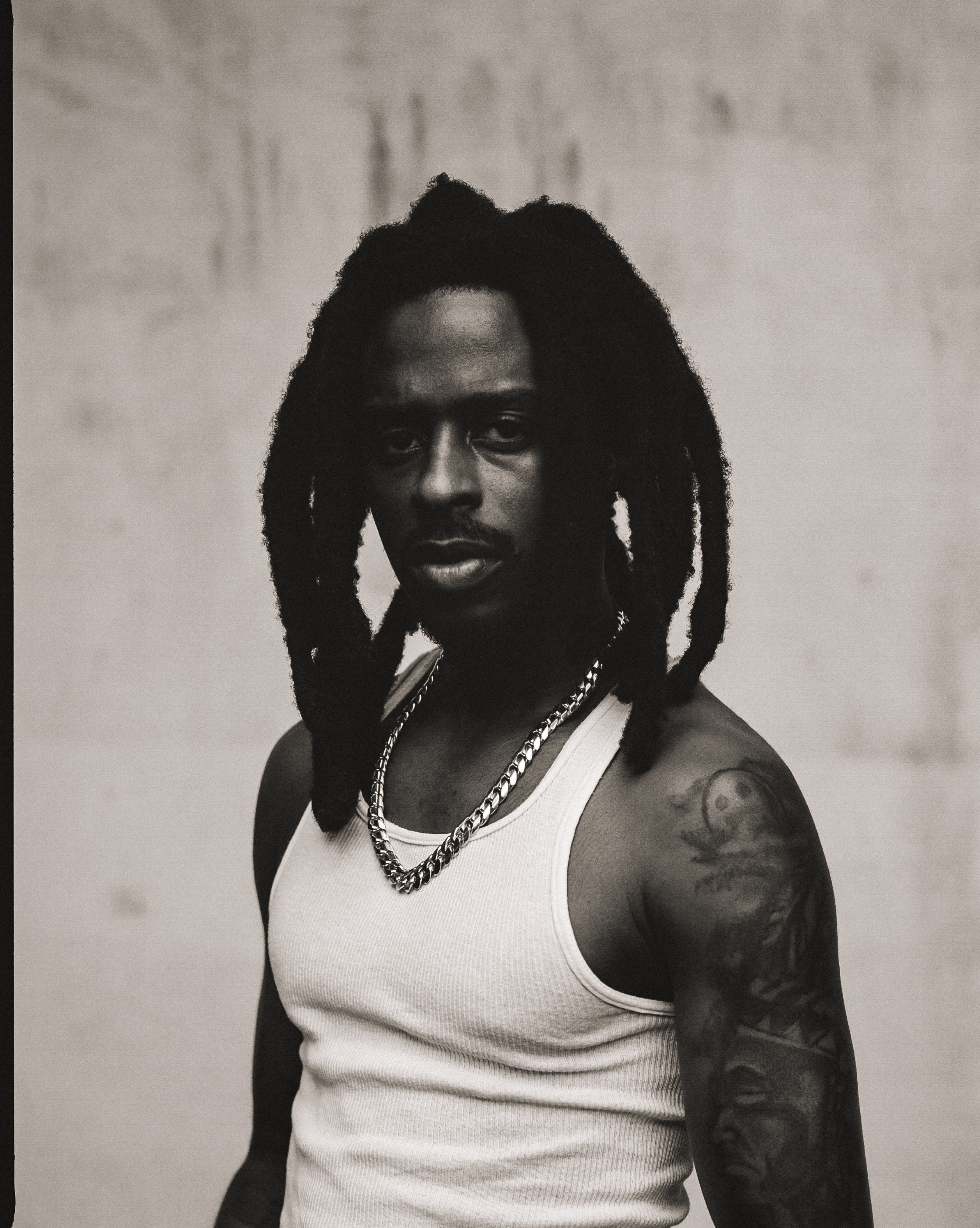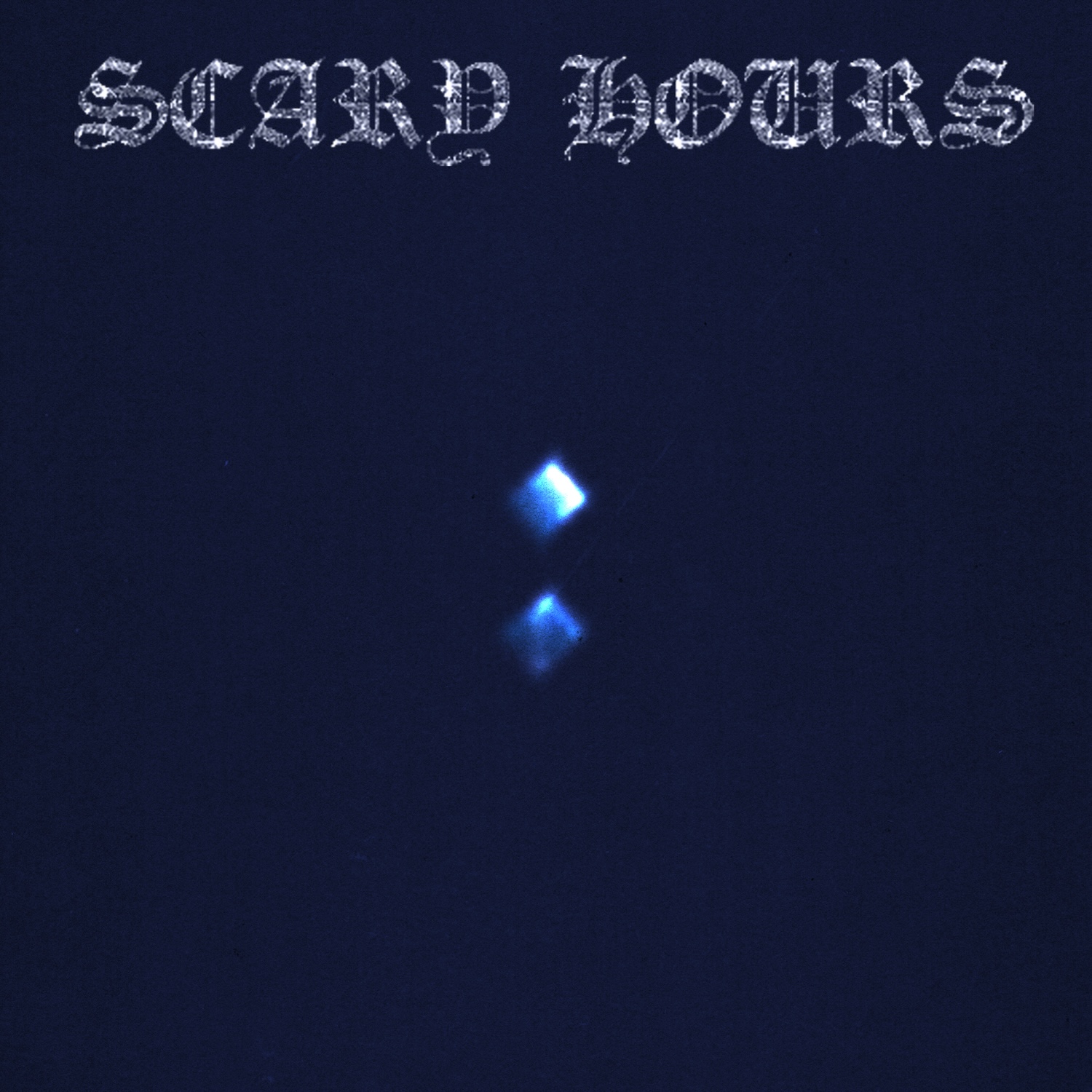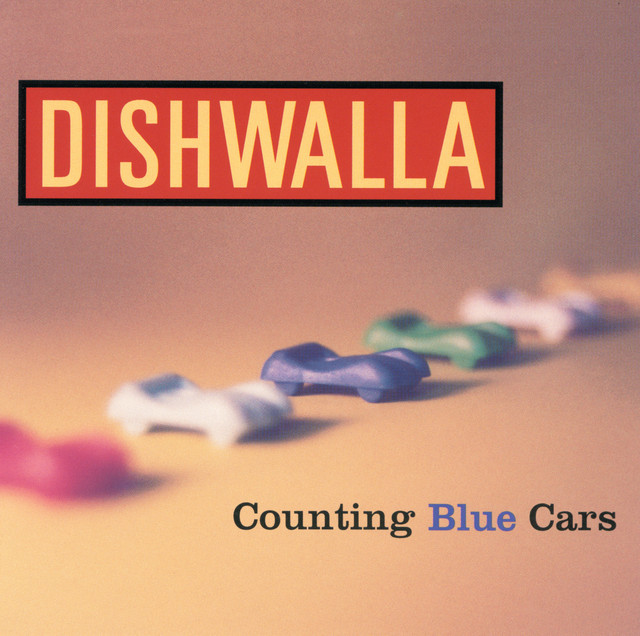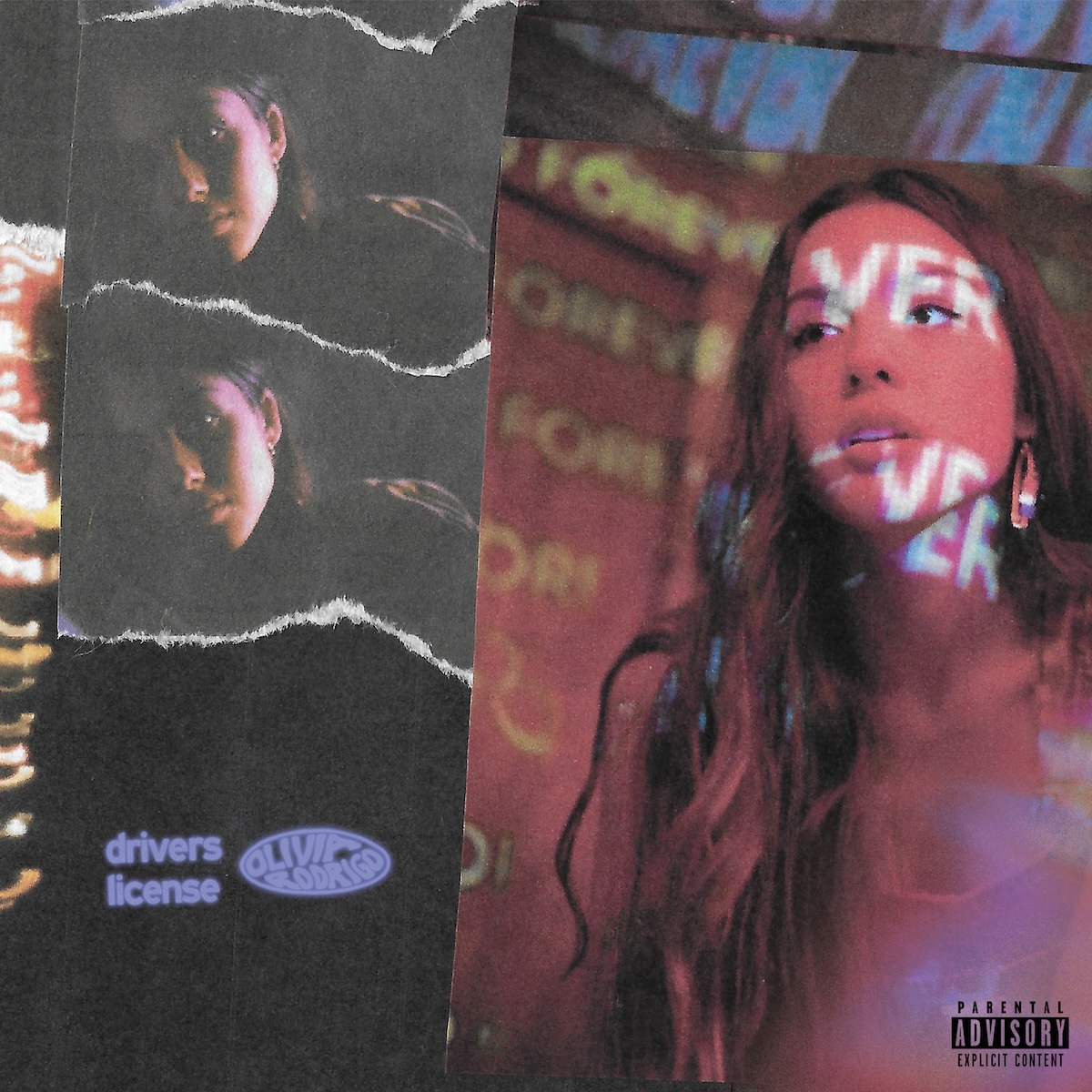In The Number Ones, I'm reviewing every single #1 single in the history of the Billboard Hot 100, starting with the chart's beginning, in 1958, and working my way up into the present.
Elton John - "Lucy In The Sky With Diamonds"
HIT #1: January 4, 1975
STAYED AT #1: 2 weeks
Think about the best songs from 2011. Think about "We Found Love" and "Holocene" and "Super Bass" and "Midnite City" and "I'm On One" and "Video Games" and "Yonkers" and "Niggas In Paris" and "Novacane." Now think about someone doing a cheesed-out Vegas-style cover of one of those songs, maybe with the original artist doing background vocals. And think about that cover version going to #1 right now, only eight years later. Would that drive you nuts? It would drive me nuts. And yet Elton John still did that in 1975, and the world let him get away with it.
The Beatles' "Lucy In The Sky With Diamonds" did not get to #1. It didn't even chart, for the simple reason that the Beatles never released it as a single. None of the songs from Sgt. Pepper's Lonely Hearts Club Band were singles. The entire album was meant to hang together as a whole, and that's what it did. I wasn't around to see it, but based on all the 50th-anniversary stuff I read about Sgt. Pepper's, that's the album that forced all would-be sophisticates to take the Beatles seriously -- to acknowledge that the four members of this rock 'n' roll band might be the most important artists working in any medium.
John Lennon claimed that he wrote "Lucy In The Sky With Diamonds," possibly the most enduring song on the album, after seeing a painting from his son Julian. (There was a real Lucy, and Julian made her identity public in 2009, after she died of lupus.) He also claimed that it was "not an acid song," even though the song's very title spells out the initials "LSD." You could see where people might be confused.
Lennon claimed that the lyrics were inspired by Lewis Carroll, which doesn't necessarily preclude them also being inspired by acid. Those lyrics are all dazed, hallucinatory meditations on a girl who keeps disappearing and a world where things don't make sense: "Follow her down to a bridge by a fountain where rocking horse people eat marshmallow pies / Everyone smiles as you drift past the flowers that grow so incredibly high." Years later, Paul McCartney, probably an authority on the subject, said that "Lucy In The Sky" was a "pretty obvious" drug reference.
Elton John, no stranger to all types of drugs, got to #1 with his version of "Lucy In The Sky" less than eight years after the original had come out. He'd just shown up on Lennon's "Whatever Gets You Thru The Night," which had become Lennon's first #1 solo single. Shortly afterward, Elton invited Lennon to guest on his own "Lucy In The Sky" cover, and Lennon went through with it, singing and playing guitar on the Elton version. (Lennon was credited under a pseudonym: "Winston O'Boogie.") After "Whatever Gets You Thru The Night" made it to #1, Lennon was a surprise guest at an Elton John show at Madison Square Garden; it would prove to be Lennon's last real public performance. And after they did "Whatever Gets You Thru The Night" together, they also did "Lucy In The Sky." Before they played it, Elton called it "one of the best songs ever written."
So I guess that answers the basic question here: Why do this song at all? There's no real reason why Elton John's version of the song needs to exist. It's not like he can improve on it. All he can really do is vamp, which he does, for a long time. The Elton John cover of the song is six minutes long, nearly twice the length of the original. There's a lot of showy piano-banging. There are tempo changes. There's a part that's clearly supposed to sound like reggae. There are many, many repetitions of the song's title. Lennon was never satisfied with the vocal performance he gave on the original, but it's a whole lot better than the hammy bray that Elton brings to his cover.
"Lucy In The Sky With Diamonds" has a hell of a melody, and it's hard to screw that up. But it's also a song with a fragile spaced-out dreaminess to it. In the Elton John version, that feeling becomes a distant echo, buried under Elton's grand theatrics. It's just a redundant mess. The success of Elton John's version of the song says less about the cover itself and more about the late-'60s nostalgia that came on incredibly fast. People were missing the Beatles as soon as they were gone. Elton John was no replacement, but I guess, for some people, he'd do in a pinch.
GRADE: 4/10
BONUS BEATS: Since this particular version of "Lucy In The Sky With Diamonds" didn't leave much of a cultural footprint beyond the first two weeks of 1975, here's the pretty-great Elton John fight scene from Matthew Vaughn's 2017 movie Kingsman: The Golden Cirle:
THE NUMBER TWOS: Barry White's passionate disco devotion-testament "You're The First, My Last, My Everything" peaked at #2 behind "Lucy In The Sky With Diamonds." It's an 8.
